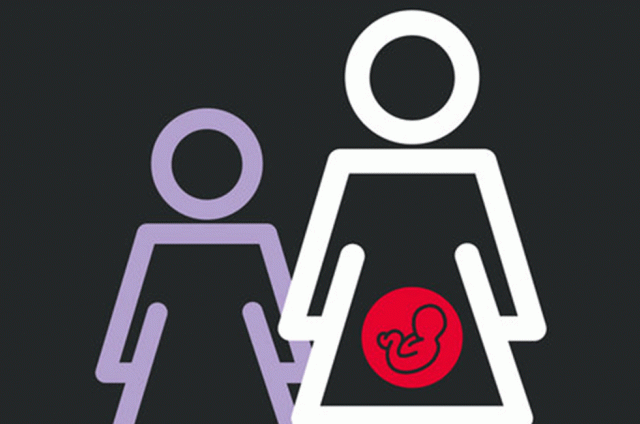Osteoporosis and epilepsy
Epilepsy and taking anti-seizure medication may contribute to the risk of developing osteoporosis for some people.
What is osteoporosis?
Osteoporosis is a condition where bones become weakened over time and this may make them more prone to breaking. Anyone can develop osteoporosis, but it is more common in women, especially after the menopause when levels of oestrogen start to decrease.
The mineral calcium is important for our bones and helps to make them strong. Foods rich in calcium include:
- milk, cheese, and other dairy foods;
- green leafy vegetables – such as curly kale and okra;
- soya drinks with added calcium;
- anything made with fortified flour; and
- bony fish – such as sardines and pilchards.
Vitamin D helps calcium to get into the bones. We get vitamin D from direct sunlight on our skin. Generally, most people can get enough vitamin D from late March to late September from sunlight.
However, the government recommends that everyone should consider taking a vitamin D supplement in the autumn and winter months. Other good sources of Vitamin D are:
- oily fish – such as mackerel, salmon, sardines, trout, or herring;
- red meat;
- egg yolks;
- fortified foods – such as breakfast cereals; and
- liver (do not eat liver if you’re pregnant as it is high in vitamin A, which can be harmful to the baby).
What causes osteoporosis?
If we do not get enough calcium or vitamin D or when calcium is lost, bones become thinner, more brittle, and break more easily.
Losing bone strength is a part of normal ageing but there are other factors that can increase a person’s risk of developing osteoporosis:
- family history;
- taking certain medications for a long time or at high doses;
- having an eating disorder such as bulimia or anorexia;
- lack of calcium, or vitamin D (from sunlight);
- not exercising regularly; or
- heavy smoking or drinking.
Having epilepsy and taking anti-seizure medication (ASM) may contribute to the risks of developing osteoporosis, but how much they contribute to this risk is not clear, and will vary from person to person.
Taking high doses of several different ASMs for many years may also contribute to the risk of developing osteoporosis. Studies have shown that some enzyme-inducing ASMs may increase levels of chemicals in the liver that destroy vitamin D, reducing the amount of vitamin D in the body.
You may be worried about possible side effects from ASM like osteoporosis. However, it is important that you do not stop taking your ASM, as this could cause you to have more seizures.
How is osteoporosis diagnosed?
Osteoporosis tends to develop over time. Usually, it is not painful and may only be diagnosed when a fall or sudden impact causes a bone to fracture or break.
If your doctor suspects you may be developing osteoporosis, or if you are at risk of it, they may refer you for a check of your vitamin D levels or for a bone density scan – a painless procedure that takes about 10 to 20 minutes and measures bone strength.
How is osteoporosis treated?
Calcium and vitamin D supplements can help replace lost calcium and help prevent and treat osteoporosis. See our information on diet and nutrition.
The NICE (National Institute for Health and Care Excellence) guideline (2022) called ‘Epilepsies in children, young people and adults’, recommends that, for some people with epilepsy, their neurologist may suggest taking vitamin D and calcium supplements.
There are also a number of specific medicines that are used to treat osteoporosis that may be prescribed.
If osteoporosis happens when a woman goes through the menopause, hormone replacement therapy (HRT) containing oestrogen, or a combination of oestrogen and progestogen, may be prescribed.
HRT is generally used to relieve the symptoms of the menopause, but it might also help to protect against osteoporosis at this time.
What are the risks for me?
ASM is more likely to affect your bones if you are taking high doses or if you have taken lots of different types of ASMs, and if you have taken them for a long time.
If having epilepsy means you go out in sunlight less and so are less exposed to vitamin D, or if you are less active, this may also increase your risk of developing osteoporosis.
People with epilepsy may also be more at risk of fractures because of the chance of falling in a seizure.
If you are concerned about osteoporosis, you can speak to your GP or neurologist about your individual level of risk.
How can I prevent osteoporosis?
If you are worried about the risk of developing osteoporosis, there are things you can do to help prevent the condition:
- Exercise regularly to keep your bones strong.
- Eat a healthy diet and include foods rich in calcium and vitamin D, (see above), or take supplements.
- Make lifestyle changes such as stopping smoking or reducing the amount of alcohol you drink.
Further information
NHS
The NHS has further information about osteoporosis and other health conditions.
Royal Osteoporosis Society
Offers information and support and has a helpline on 0808 800 0035.
Epilepsy Society is grateful to Dr F J Rugg-Gunn, Consultant Neurologist & Honorary Associate Professor, Clinical Lead, Chalfont Centre for Epilepsy, who reviewed this information.
Information produced: September 2025. Review date: September 2027
Download this information.
For a printed copy contact our Helpline.


